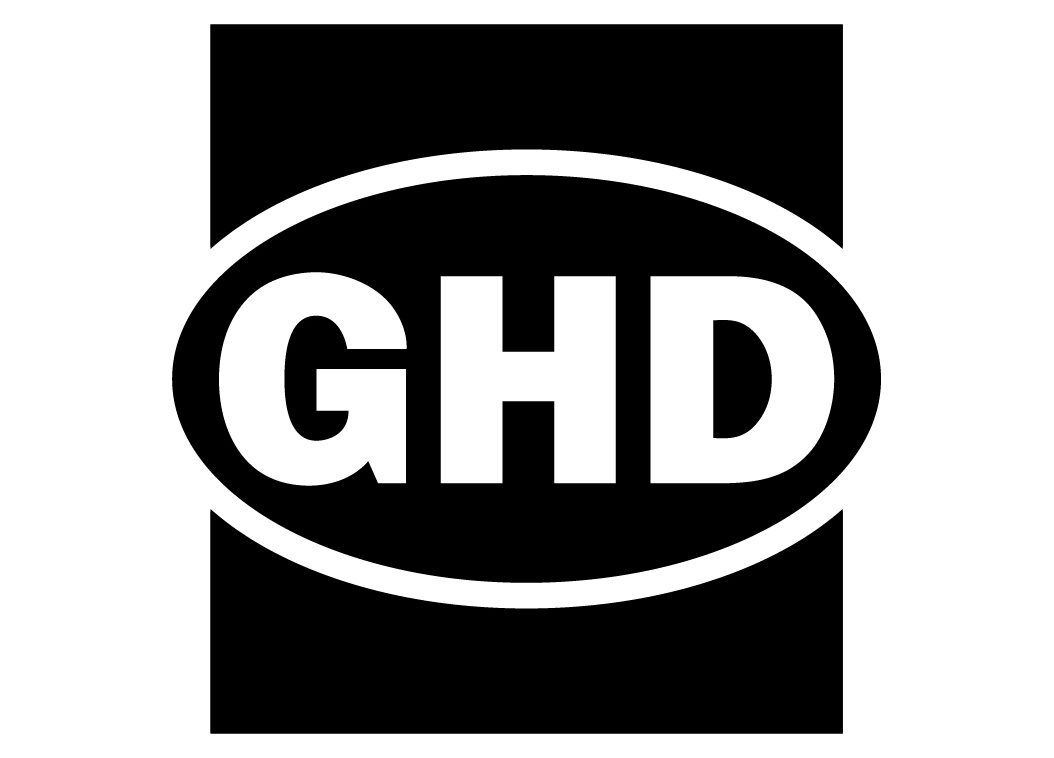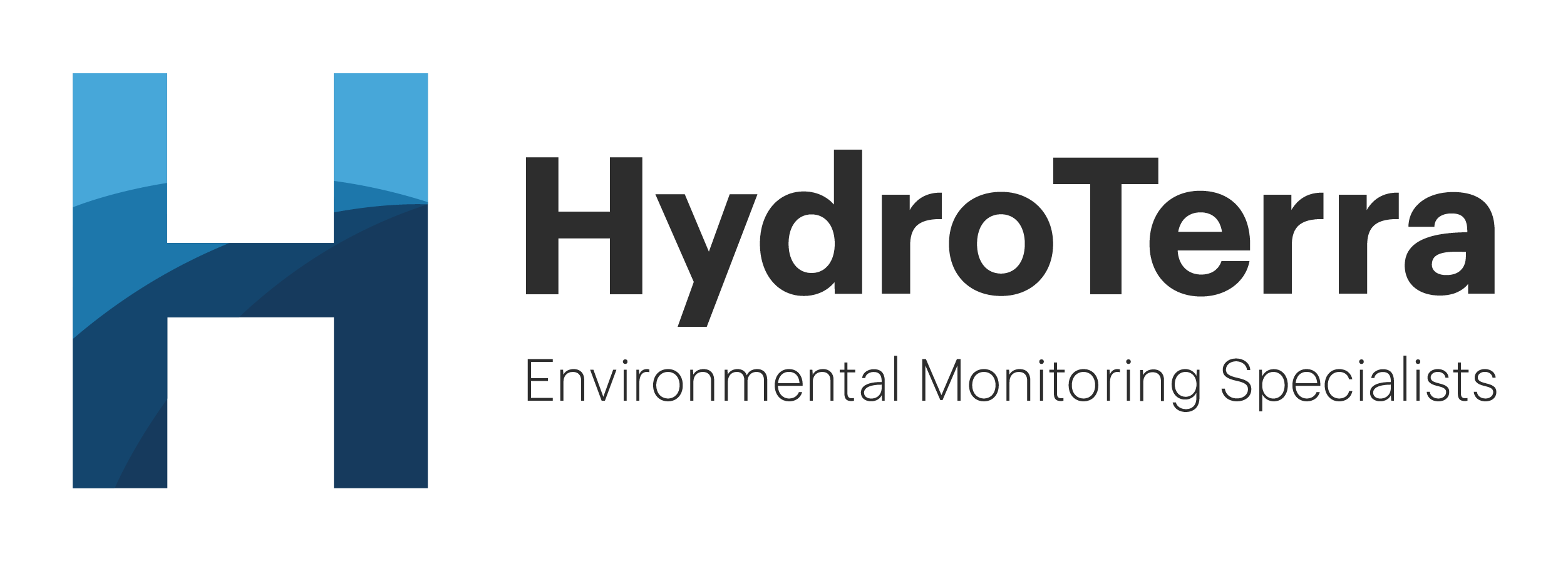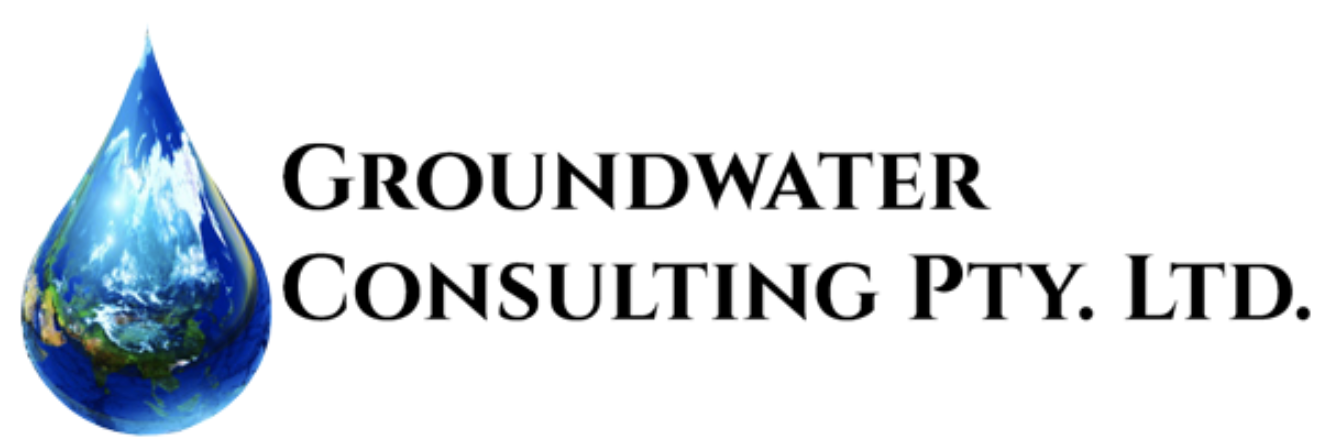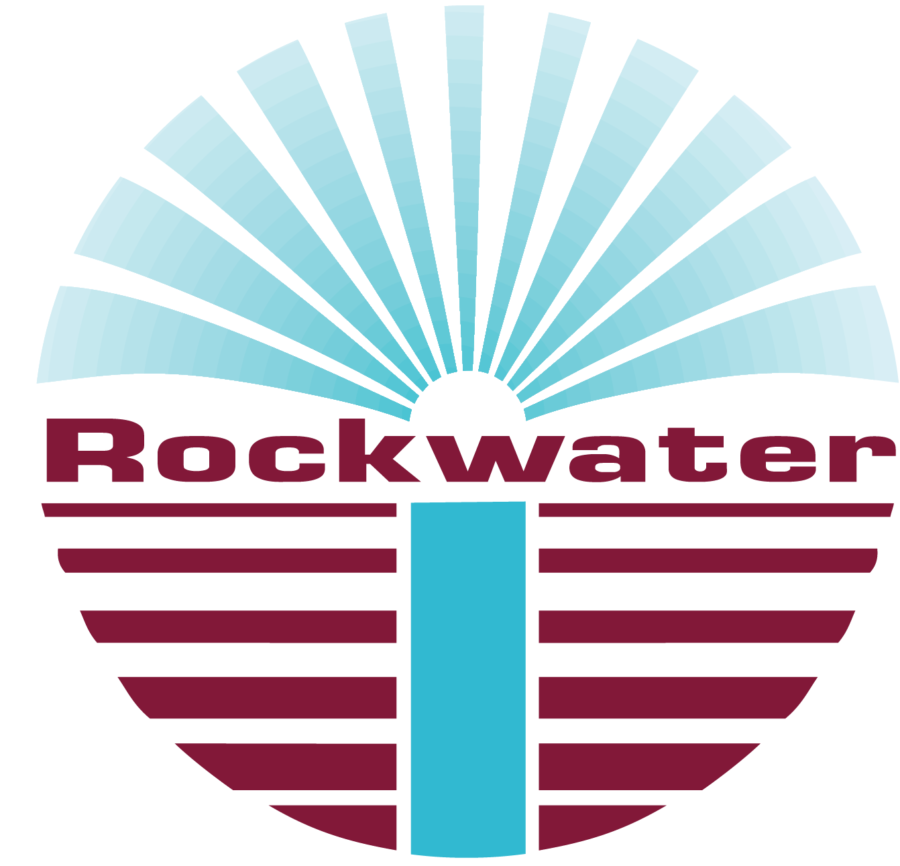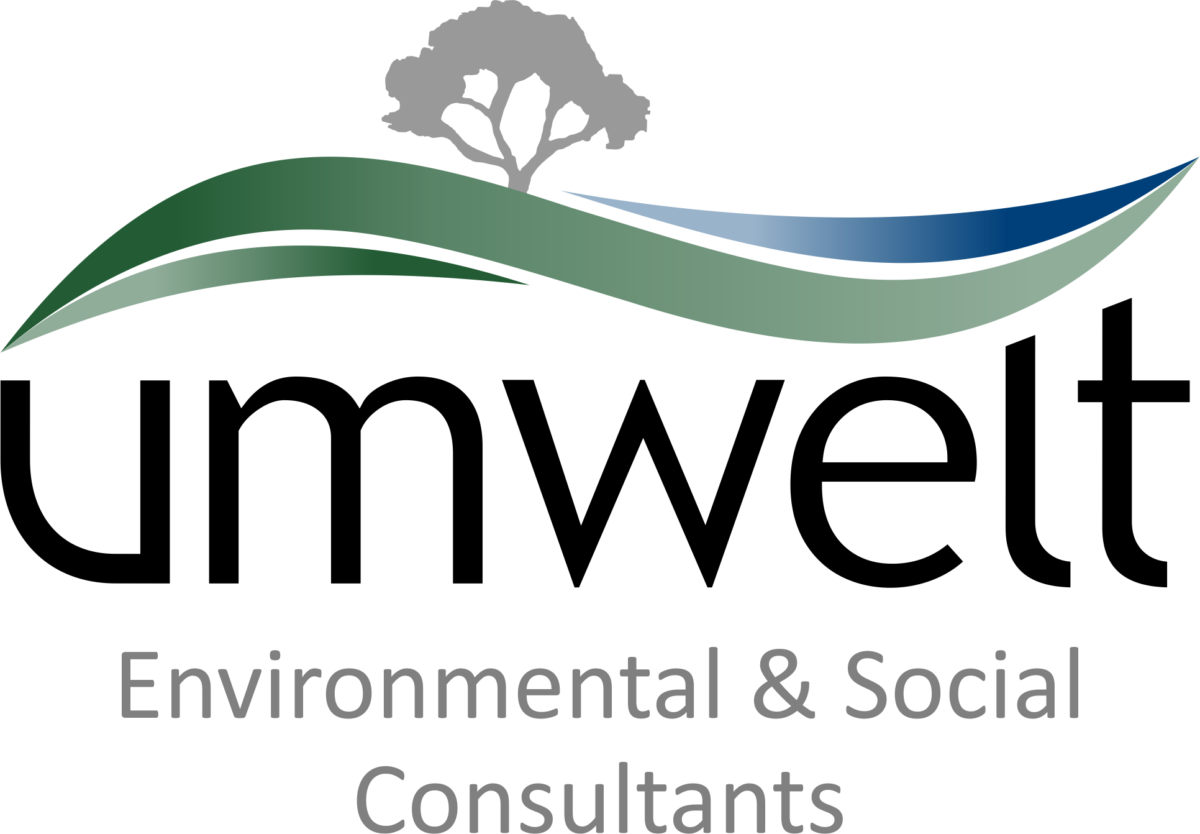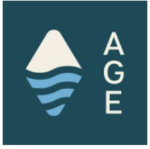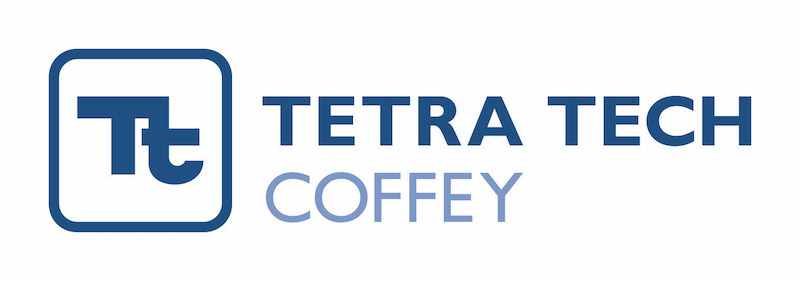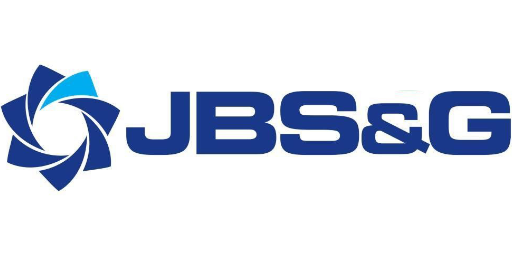| BRISBANE 15-16 April 2013 Hotel Urban, 345 Wickham Terrace Brisbane QLDPERTH 18-19 April 2013 The University Club of WA Hackett Entrance #1, Hackett Drive Crawley, WACOURSE FEES $2145 (including GST)All course costs include notes, classroom teaching, tutorials, morning and afternoon teas and lunches.Attendees are to arrange own travel and accommodation. |
Fractured rock aquifers underlie approximately 40% of the Australian continent, including the Murray–Darling Basin, and many of Australia’s mining and CSG
regions, including the Pilbara and the Surat Basin. Fractured rock groundwater systems test the limits of hydrogeology as it is practiced today. Site characterisation in fractured rock aquifer studies is an inherently multiple-scaled effort, where characterising fractured rock systems is the creation, development, testing, and refinement of the conceptual hydrogeologic model.
WHY IS THIS COURSE IMPORTANT?
Groundwater flow and transport processes in fractured rock aquifers are fundamentally different to in porous media (sedimentary) aquifers. Aquifer systems in which flow is controlled predominantly by fractures include indurated sediments, metamorphic and igneous rocks. Hydraulic conductivity in these systems is often controlled by the distribution and aperture of fractures. Groundwater flow occurs predominantly through fractures, whereas the rock matrix acts as a storage reservoir. The methods taught at university apply mainly to porous media aquifers, and many people do not realise that they need to use different methods when investigating fractured rock systems. This course covers the best methods for investigating groundwater flow and contaminant transport in fractured rocks. It is the first opportunity the Australian groundwater community has had for training in this area
since 2003.
WHO SHOULD ATTEND?
Practicing hydrogeologists, consultants, hydrologists, engineers and students in government, industry and academia should strongly consider attending.
WHO IS PRESENTING?
- Dr Fred Paillet has spent the majority of his career running the US Geological Survey’s research program in the geophysical characterisation of aquifers. He also works with Golder Associates in Brisbane and with University of Queensland Civil Engineering on mine drainage problems.
- Dr Andy Love has over 20 years experience as a principal hydrogeologist with the SA government and is currently Senior Research Fellow in Hydrogeology at Flinders University and the NCGRT. He has collaborated internationally in his study of geochemical and environmental tracer techniques.
- Doug Weatherill is a consultant hydrogeologist with Sinclair Knight Merz in Australia. He has specialist skills in groundwater flow and solute transport modelling, applied tracer testing and fractured rock hydrogeology.
HOW TO REGISTER
Download Flyer (pdf 279KB)
Click here for more information or to register.
Topics Covered
Day 1
• Welcome and introduction to fractured rock aquifers in Australia
• Fracture flow background theory (geometry, connectivity, percolation theory, cubic law, fracture aperture, and scale issues), surface lineament analysis (photo and geophysical), Fracture sampling on outcrops (representation issues; data from USGS Mirror Lake study).
• Coring for fracture characterisation (core logging, recognition of natural fractures, chemical sampling of matrix, recognition of invasion), conventional borehole geophysics logging, downhole imaging- acoustic, optical, and electrical (methods and software for processing and interpretation; comparison of methods, representation on
composites), correlating images with core features and geophysical logs.
• High resolution flow logging, HP and EM flowmeters (operation and inverse problem formulation), FLUTe technology, Solinst, and Westbay (sampling from fixed port completions), Dilution logging and Hydrophysics.
• Aquifer testing with and without packers, Cross-borehole methods and interference testing, Characterisation case studies- water supplies.
• Geochemistry and environmental tracers, solute transport and matrix diffusion, chloride mass balance, interpreting carbon -14 and groundwater ages.
Day 2
• Creating conceptual models, Designing the drilling program, Straddle packer and other discrete interval testing methods (includes the USGS wireline operated packer systems), Flowmeters and hydraulic testing theory, The virtual packer methods- converting open hole flowmeter and water sample data to discrete interval data.
• Borehole flow modelling and fracture interpretation- introduction to model interpretation codes, Hydraulic head as flow path indicator, Scale effects and cross-borehole methods theory
• Numerical modelling approaches, Application of MODFLOW, Discrete fracture models, Modelling flow versus solutes.
• Characterisation and remediation case histories.






